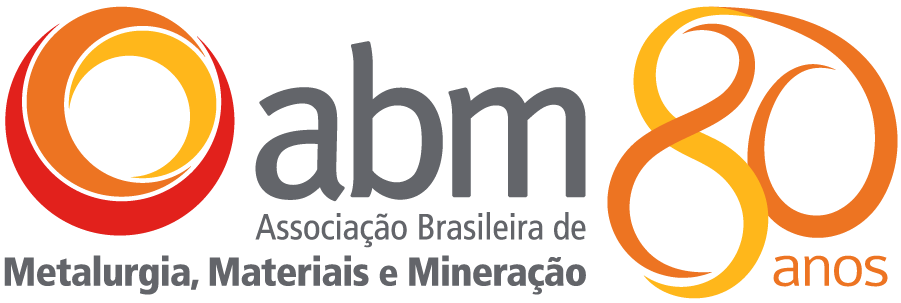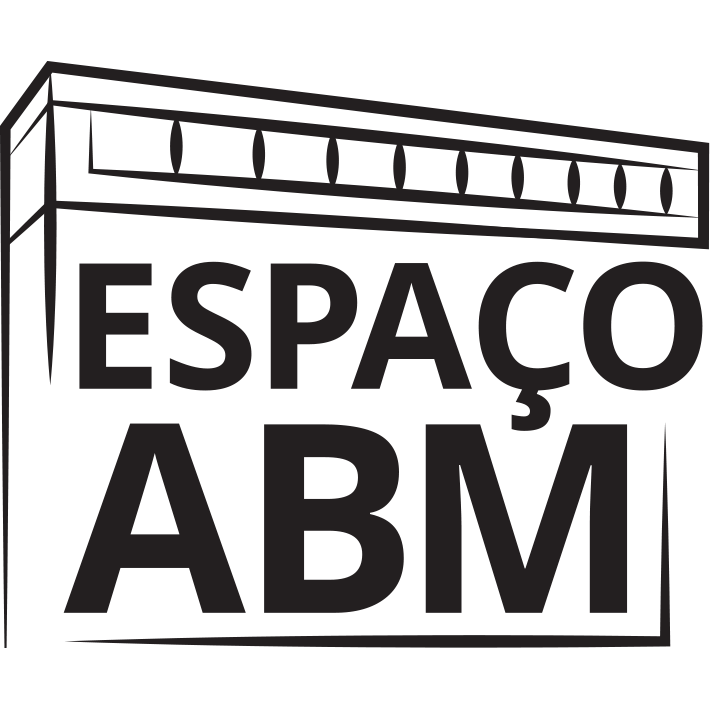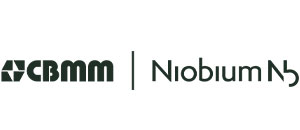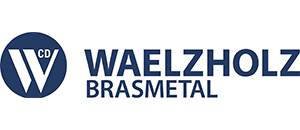ABM workshop addresses mining co-products regulation and applications

The progressive depletion of good quality Brazilian mines over the past decades has led to an increasing generation of tailings. At the same time, the growing demand for sustainability is pushing miners to invest in a wide range of solutions to deal with them.
The workshop Circular Economy in the Mining Industry – Business Model-Based Solutions, was part of the ABM WEEK pre-event and took place at the Technological Research Institute (IPT) on June 6. It gathered professionals who have been leading the debate on this subject in companies, universities, research centers, and non-governmental organizations.
of the premises shared by all participants is that it is no longer possible to talk about waste, since this material’s varied composition could and should be used in different applications.
“There has been a change in mindset. It’s no longer a by-product or waste. It's another product,” Nexa Resources’s Caio Moreira Van Deursen explained.
The company produces and sells Zincal, a product made from waste from the zinc processing plant in Morro Agudo (state of São Paulo) and used to correct soil acidity. In addition, materials resulting from mining operations are used to produce cement and phosphogypsum.
At Vale, the area dedicated to new businesses has used part of the company’s 80 million tons of tailings generated annually to produce different materials.
“There is no single application for tailings; the possibilities are many. We have to reuse as much as possible all materials generated by mining operations, targeting the construction sector, industrial applications, and other possibilities to generate added value,” said Vale’s engineer Mariana Dumont.
She added that no company is interested in receiving unprocessed materials, even for free.“Organizations look for solutions, they want products. That's why we have to develop them,” she said.
The whole process involves a number of challenges as Brazil lacks specific regulations on how to handle tailings. So, miners need to work out specific conditions for each new product created from tailings.
The application alternatives found by the mining industry area will only be successful – and become a feasible, long-lasting solution – if they can generate profit, Sandra Lúcia de Moraes, a researcher at IPT, points out.
“Otherwise, these solutions won't get off the ground,” she explained.
Such strategies are part of the circular economy concept, a core topic at COP21 and which involves new consumption models and new product durability and quality parameters, Exchange 4Change Brasil’s Beatriz Luz explained.
“Process optimization has reached its limit. It’s not enough to just think about efficiency anymore. We also need to think about effectiveness and new ways of consuming,” she emphasized during the workshop.
Fabio Perlatti, from the Brazilian National Mining Agency (ANM), said Brazil has advanced in the field of tailings regulation in recent years and ANM has recently published its first directive on this matter.
“I believe the solution will require the mining industry to take a unified approach and search for alternatives to regulate this subject,” he said during the event.
Vania Lúcia Lima de Andrade, consultant and member of ABM’s (Brazilian Metallurgy, Materials and Mining Association) board of directors, advocates that the Association could play a key role in coordinating those companies that are developing the co-products segment.
“I think we’re going through a new moment. It’s necessary to coordinate our forces and expand our representation before regulatory agencies,” she said.
Horacidio Leal Barbosa Filho, CEO of ABM, confirmed the Association is ready to play this part.
“ABM can be a hub for the development of the work under discussion here,” he said.
Lima de Andrade recalled that the greatest institutional risk for mining companies involves the so-called social license to operate, which is related to the potential impact of their activities on surrounding communities.
In this respect, the use of co-products to produce new raw materials is essential to preventing future problems related to tailings management, she added.
Biosolids, for example, can be combined with other materials into useful compounds for different applications, including the restoration of areas degraded by ore exploration.
“Soil recovery requires tailings and waste. Restoring degraded soil requires organic matter,” explained Rodrigo Studart Corrêa, professor at the University of Brasília (UNB).
In such cases, mining co-products help recover areas impacted by the very mining activity, which somehow contributes to closing the cycle opened by ore exploration.
The 6th ABM WEEK is hosted by Gerdau and is sponsored by the following companies: Açokorte, Air Liquide, Alkegen, Amepa GmbH, Aperam, ArcelorMittal, Atomat Services, AutoForm, BM Group/Polytec, BRC, Braincube, CBMM, CEMI, Combustol, Clariant, Danieli, Dassault Systèmes, DME Engenharia, Eirich, Enacom, Engineering, Evonik, Fosbel, GSI, Harsco, Hatch/CISDI, Ibar, Imerys, IMS Messsysteme GmbH, Isra Vision Parsytec, John Cockerill Industry, Kuttner, Metso Outotec, Nalco Water/Ecolab, Nouryon, Primetals Technologies, PSI Metals, Reframax , RHI Magnesita, Saint-Gobain, SMS Group Paul Wurth/ Vetta, Spraying Systems, Suez, SunCoke, Tecnosulfur, Ternium, Timken, Thermo Fischer, TopSolid, TRB, Unimetal, Usiminas, Vale, Vamtec, Vesuvius, Villares Metals, Wallonia.be (ADI – Industrial Services, John Cockerill Hydrogen, BorderSystem, Datanet International, Synthetis e PEPITe), White Martins e Yellow Solution. Special support: : CNPq. Institutional support: Abal, Abendi, AIST, AIST Mena, Alacero, Casa de Metal, CBCA, Elsevieir, Ibram, ICZ e Instituto Aço Brasil, CIMM e Ind4.0


















Deixe seu comentário